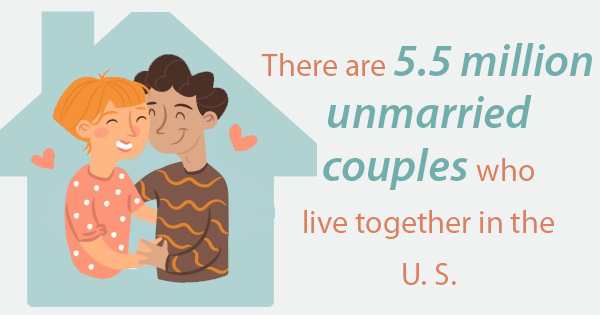Mediation 101: What Is It?
 You may have heard the term “mediation” before, and you may have wondered how it intersects with law and how it can be helpful for you. Welcome to Mediation 101.
You may have heard the term “mediation” before, and you may have wondered how it intersects with law and how it can be helpful for you. Welcome to Mediation 101.
How Is Mediation Defined?
Mediation is a concept that’s part of “alternative dispute resolution” strategies, or ADR. ADR strategies are a way for two disputing parties to reach an agreement with the help of a third party that is not a court of law. Bringing in a third party ‘mediator’ can bring some outsider’s perspective to the dispute and provide insight to help reach a mutually agreeable solution.
How Is It Different From Court?
Mediation may or not be court-ordered, but it is NOT controlled by the court or judge. A perk of mediation is that the scheduling and decision making is completely controlled by the two involved parties and the mediator.
Another perk of mediation is how much more affordable and speedy reaching an agreement is in comparison to a court case. Mediation costs much less than going to court, and typically only takes a few scheduled sessions. Sometimes mediation can be completed in as little as one session.
Who Becomes A Mediator?
Mediators can have all kinds of backgrounds. Some studied social sciences like sociology and psychology, others studied conflict resolution. Some may have a law background. An experienced divorce attorney, for example, may choose to get training in family mediation to reach more clients.
Why Do People Use It?
Put simply, mediation is appealing because it is confidential, fast, and promotes mutual respect. Sometimes it is court ordered, but often it is chosen by the two disputing parties who want to come to an agreement.
Mediation can also handle cases that aren’t easily handled in court. Divorcing your spouse, for example, has to go through the court for official approval and while in court a lot of disputes can be solved. But for the 5.5 million unmarried couples who live together in the United States, the court doesn’t legally have to be involved in their splitting up. A separation of an unmarried couple may be just as emotionally and materialistically complicated as a married couple’s divorce, so that is where mediation can step in and help fill the void of support that a court may normally fill.
So those are the basics of mediation! Check back for part two, Mediation 201, to go a little more in-depth into the different instances mediation may be used such as family mediation and neighborhood mediation.

